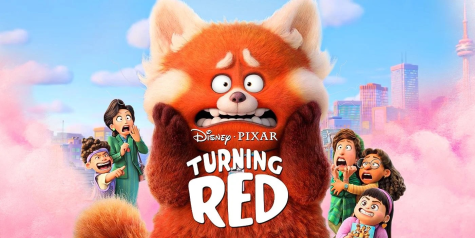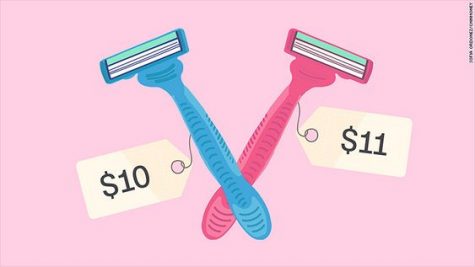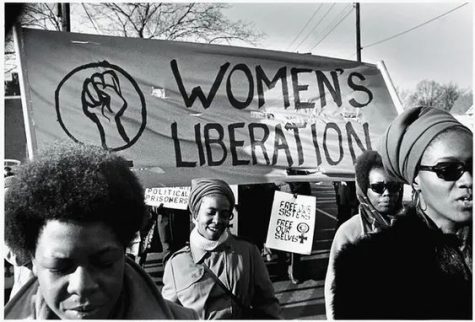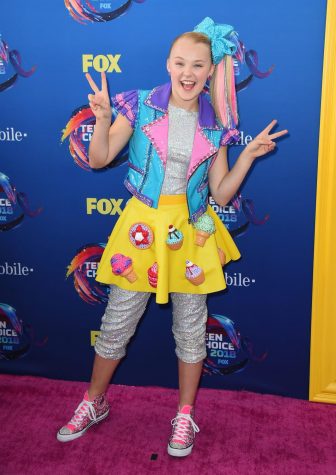Women’s History Month: The problem with “strong female character”
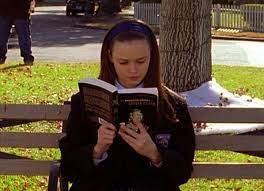
Photo courtesy of Buzzfeed
It’s time to talk about strong female characters. Because growing up in the early 2010s I was lucky in that I got to see major franchises helmed by women. From a young age, I was taught to believe that women can do anything. Women can bring down a corrupt government, fight space aliens in tight leather suits and most importantly… women can be acapella singers. And while I still have love in my heart for the female protagonists that I once idolized, I can also look back and realize that 10-year-old me deserved better.
Characters like Hermione Granger and Annabeth Chase were the gold standard of what it meant to be a strong woman. They were both incredibly smart and steadfast in their beliefs. They both refused to let the men in their stories keep them on the sidelines and fought for a place in their respective narratives. However, a big aspect of both of these central female characters’ personalities revolved around their rejection of traditional femininity. It was very rare that these characters got to interact with other women and when it did happen it was almost never in a meaningful way. For a long time, this complicated my relationship with womanhood and femininity. I got so used to seeing hyper-feminine characters being antagonized that I thought to be good, and maybe even great, I had to strive towards a tomboy bookish chic look that never felt like home. Adhering to beauty standards was always seen as something dirty and done in an effort to gain male validation when in reality fashion is often used by women as a tool of self-empowerment. And while Hermione and Annabeth are just two examples this pattern among female protagonists is all too prevalent.
The trope of the girl genius is also something that I worked towards for a long time. Characters like Annabeth Chase, Hermione Granger, Lisa Simpson, Rory Gilmore, Mathilda, Nancy Drew, Belle and Jo March made reading and learning exciting. At least that’s what I thought. Because these women were breaking barriers in their worlds by constantly striving towards academic excellence, I internalized the idea that your intellect was synonymous with your self-worth. So much of the media I consumed made me feel as a woman I had to earn my voice through intellectual inclination. Respect wasn’t something that I inherently deserved it was something I had to fight for. But as I got older my interest shifted. By 13, I wanted to spend my Friday nights with friends, not nose-deep in an Austen novel and because of this I was faced with a pervading sense of guilt. A sense that I was wasting valuable time and soon enough would be without worth. A sense that I was surrendering any potential I had to be special.
And while looking back, I see an annoying pre-teen girl with an overwhelming individuality complex, I also see a young girl who listened. A young girl who internalized what the media told her made a strong woman. A young girl who just wanted to be worthy. And let me tell you, that girl did not need a “strong” female character, she needed a human one.



